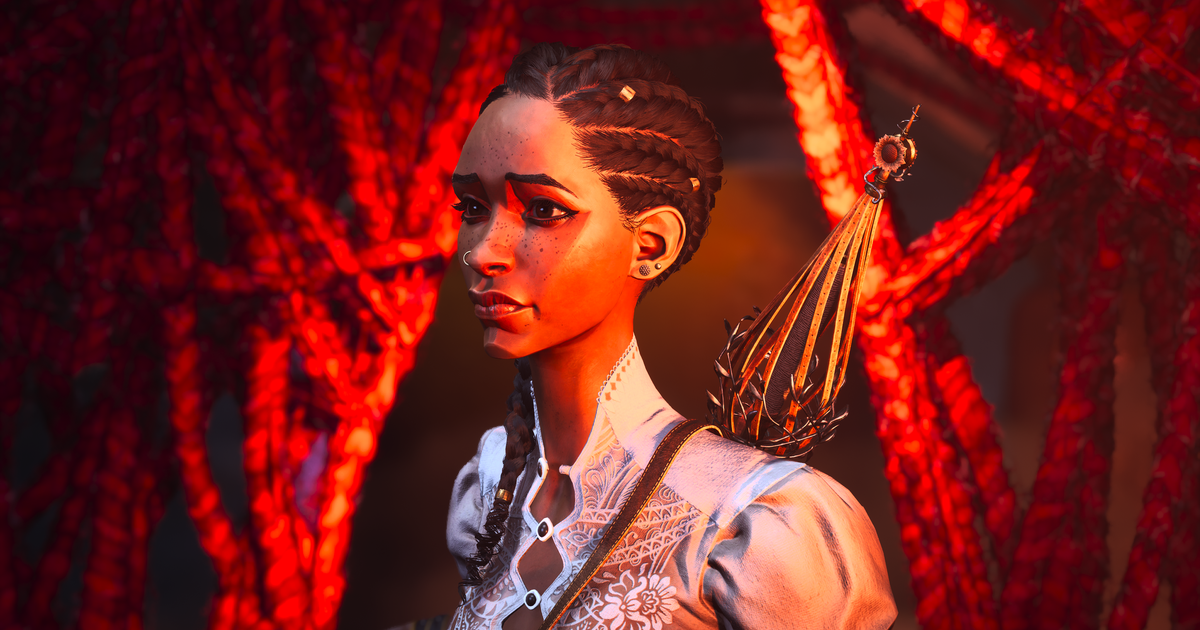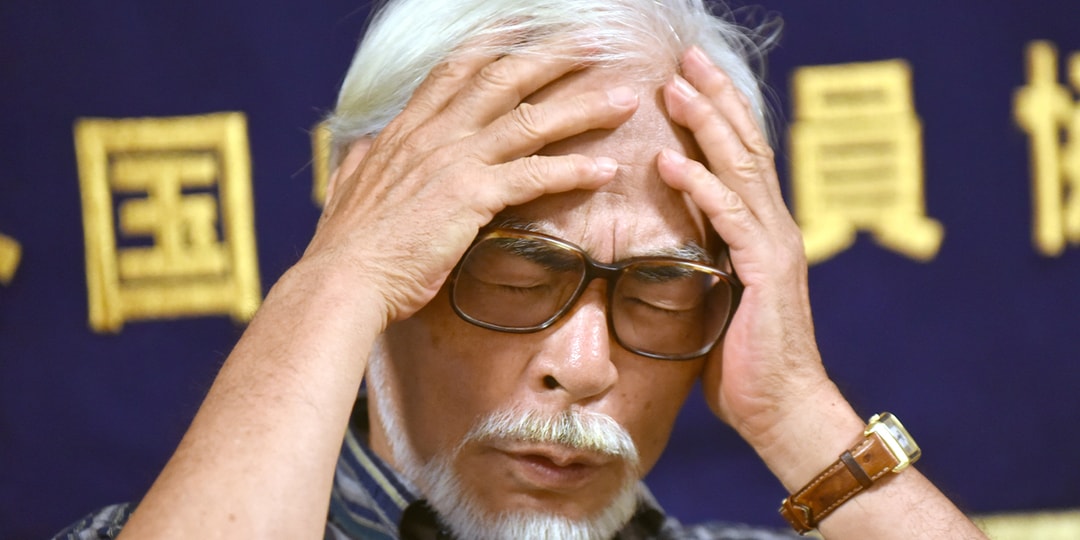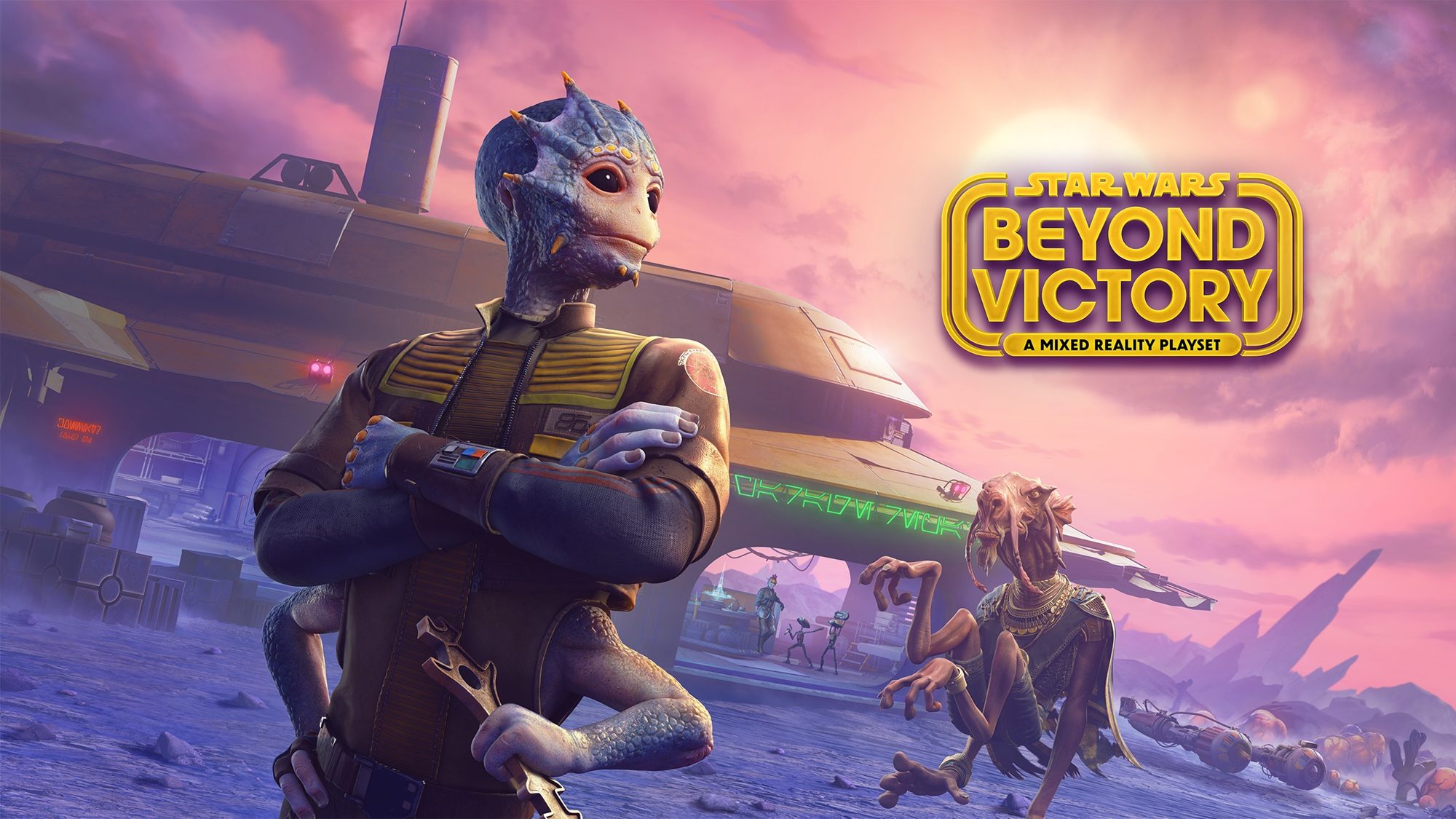The Dual Nature of Magneto: Hero or Villain?

Magneto, one of the most iconic characters in the Marvel universe, continues to spark lively discussions among fans and critics alike. Introduced during the Silver Age of Marvel comics, he stands as one of the principal antagonists to Charles Xavier and the X-Men, embodying the quintessential 'archfoe' in a complex relationship that oscillates between hate and grudging respect. The early stories featuring Magneto depicted him as a straightforward villain, akin to Doctor Doom, driven by an insatiable desire to annihilate humanity. These original narratives, while engaging, followed a predictable template common among villains of that era. However, it was the groundbreaking work of writer Chris Claremont that transformed Magneto into a character of extraordinary depth and complexity.
Claremont's reinterpretation of Magneto breathed new life into the character, shifting from a one-dimensional antagonist to a multi-layered figure whose motivations and struggles resonate with readers. He was no longer just a malevolent force but rather a 'righteous monster'âsomeone who, despite pushing boundaries, possessed justifiable reasons for his drastic actions. This transformation has led to recurring philosophical debates among fans about the character's role within the larger X-Men narrative, especially with the Marvel Cinematic Universe (MCU) preparing to introduce its own X-Men series. The central question remains: should Magneto be regarded as a hero or a villain?
Magneto's status as a complicated figure is evident throughout his long history. Over the years, particularly since the 2010s, he has occasionally aligned himself with the X-Men, reflecting a period when the mutant population dwindled to alarmingly low numbersâonly about two hundred mutants were left, putting their very survival into question. During this crisis, Magneto joined many mutants in establishing Utopia in San Francisco and even went so far as to rescue Kitty Pryde, demonstrating a surprising level of camaraderie with former adversaries. He pledged allegiance to Cyclops, a hero with whom he previously clashed, and fought valiantly against threats to mutantkind. Notably, he stood by Cyclops's side during tumultuous periods, including when Cyclops was driven to madness by the Phoenix Force, and he played a pivotal role in freeing Cyclops from government captivity.
This history raises an intriguing point: can Magneto genuinely be considered a hero? The answer leans towards a resounding 'yes.' For a significant period, he has embodied the traits of a hero, although recent story arcs like âFrom the Ashesâ have shown him grappling with diminished powers and a frail physical state. Nonetheless, he remains a crucial component of the X-Menâs narrative fabric. However, current developments hint at a potential regression to villainy, with Magnetoâs character seemingly poised to revert back to his antagonistic roots, particularly as the X-Men seem on a path to returning to their familiar mansion setting. The community of X-Men enthusiasts may have to brace themselves for a shift back to classic dynamics.
This inevitable change is likely to elicit strong reactions from fans. Many view Magneto through the lens of his traumatic past as a Holocaust survivor, interpreting his actions as a response to deep-seated hatred and injustice. While this perspective offers a somewhat sympathetic view of his motives, it is crucial to acknowledge the darker aspects of his character: Magneto is, at his core, a genocidal figure. His desire to eradicate humanity positions him dangerously close to the very ideologies he opposes, leading to a troubling dichotomy. While some fans champion Magneto as a misunderstood anti-hero, the reality is that he embodies a supremacist ideology that makes him a complex villain.
Grant Morrisonâs storyline âPlanet Xâ in the New X-Men series further complicates the discussion. This narrative explores Magnetoâs flaws, emphasizing that beneath his noble facade lies an extremist who harbors disdain for human lives, mirroring the prejudices of the most bigoted humans. This portrayal ignited controversy among fans who were accustomed to viewing Magneto as a dignified adversary. Discussions about âPlanet Xâ still provoke heated debates in fan forums today, revealing the ongoing struggle to reconcile Magnetoâs dual nature.
Ultimately, the crux of Magneto's character lies in his ability to serve both as a compelling hero and a formidable villain. His evolution challenges the norms of traditional character archetypes in comics. While many fans prefer to see him as a sympathetic figure, it is essential to recognize the significance of having a strong antagonist in the X-Men universe. Without Magneto as a villain, the X-Men lack a true foilâan antagonist that highlights their values and struggles.
In conclusion, Magneto's character is an intricate tapestry of heroism and villainy. His ability to resonate with audiences stems from the complex narrative woven around him, making him a vital part of the X-Men saga. As the conversation surrounding his role continues to evolve, it remains clear that Magneto is best suited as a villainâan embodiment of the dark consequences of unchecked power and hatred.




























